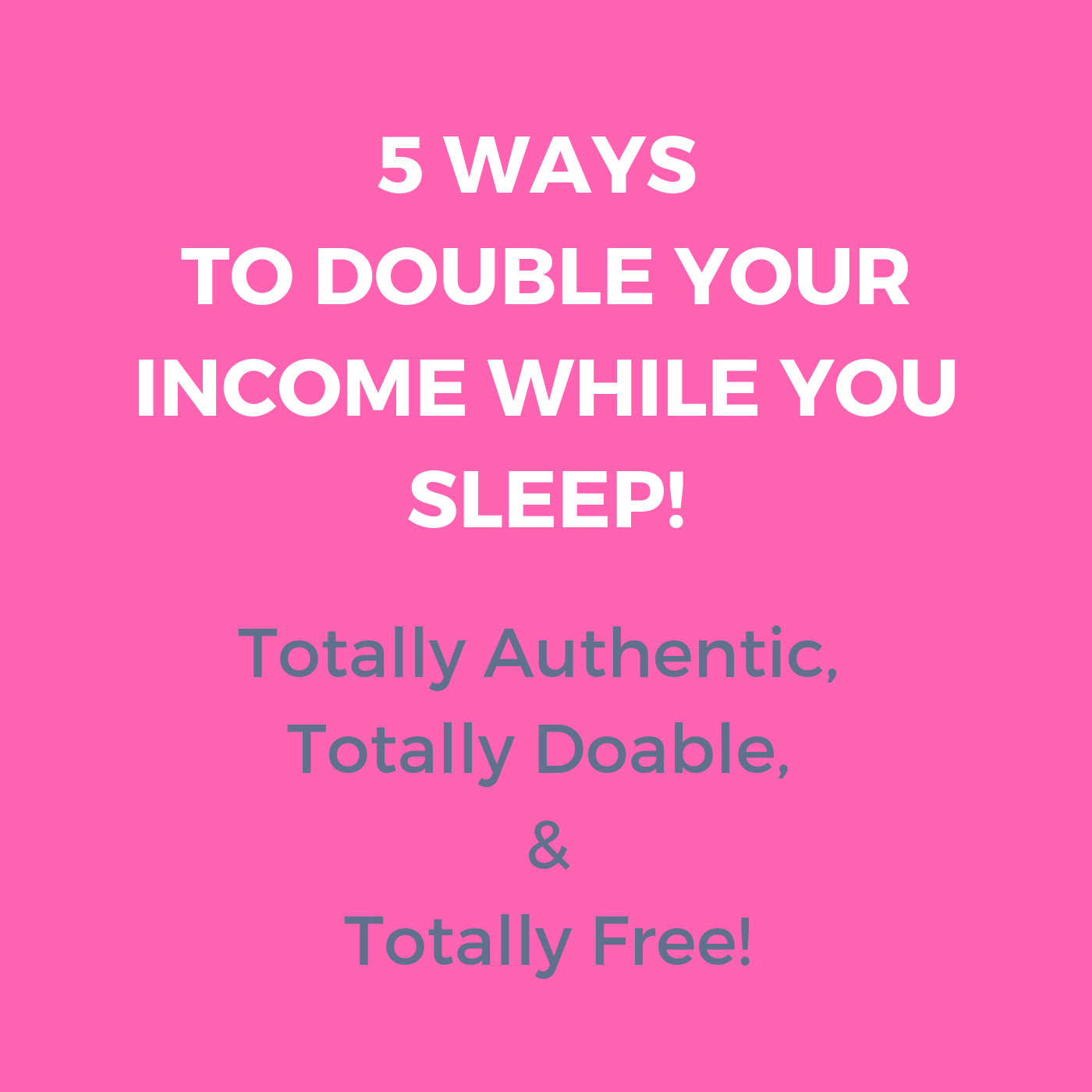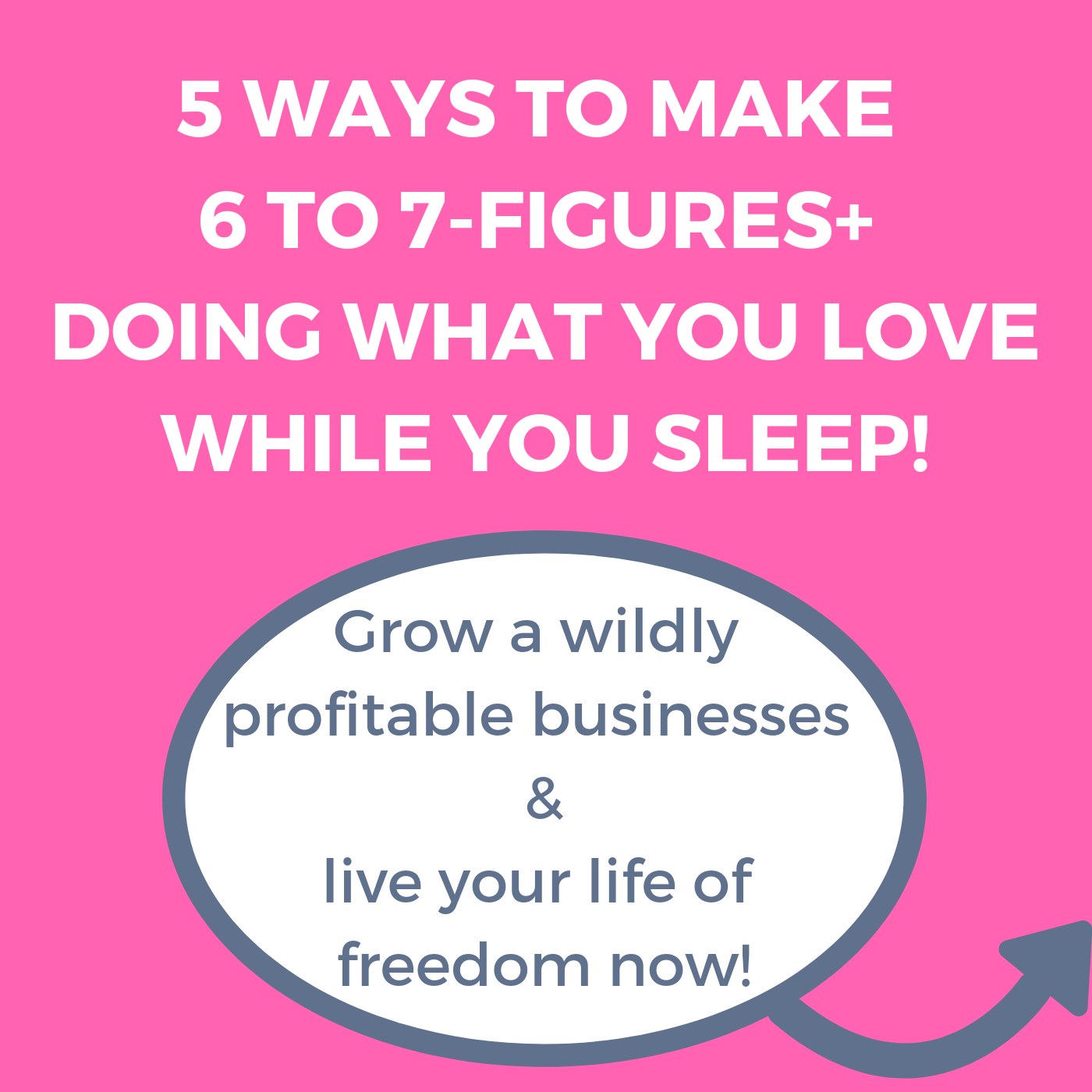“You may look in the mirror at your work-out clothes, covered in dog hair, and down at your slippers and think about whether, quite possibly, the way you treat yourself,  may be affecting how your business treats you.”
 The Secret Psychology of Moving from a Job to Business Owner
The Secret Psychology of Moving from a Job to Business Owner
Who doesn’t love the story that goes this way?…
When you have your own business, you’ll have the freedom to…
√ Live in your cozy clothes.
√ Workout any time of the day.
√ Drop off and pick up  your grinning bubbly children at school.
√ Avoid the busy weekend times at Costco by going during the week while everyone else is at their 9 to 5 jobs.
√ Take 3-week travels on tropical islands that serve drinks by the pool.
Awesome, right? It’s our (to some degree expanded) idea of flexibility.
What’s more…
I’ll let you in on a little secret that me and my other Entrepreneurial friends know about…
(Please Note: I’ve helped several people leave their 9 to 5 jobs quickly and easier than if they were to go it alone)
The real test of knowing if you’ll be a success at running your own  business is not how much you want to be  free and have flexibility. That’s for sure. You are an entrepreneur after all.
The main trial of entrepreneurial achievement, is in your mind frame. With opportunity comes responsibility. Which implies, that when you leave your job, you may need to re-wire your mind a bit.
Here are the most difficult mental shifts my clients must make as they leave being employed, and become full-time business visionaries…
1 – When you were a worker, you had to answer to someone.
Now that you are, your own supervisor, you must be the one to figure out and decide your routines, structure and strategies. You’re the one  setting your calendar. You have to be the one to deal with this unmanageable thing called YOU. (I dedicate a whole week to this in my Boost U Businessâ„¢ Program.)
This may seem like it’s not a major thing – however it’s presumably the hardest piece of the entrepreneurial voyage, particularly when someone realizes that she’s a much worse boss than any she’s ever had.
2 – When you had a job, you had due dates.
In my business, with clients, I call this part “Dealing with your Power.” at the end of the day, you’re a power field of energy, thoughts, and inventiveness.
This means that you are going to have to find ways to generate  power,  without fire-hosing your brain, your schedule, your timeline or your customers.
If you don’t figure out how to do this, you’ll wind up exhausted and overpowered.
When you were at a job, your organization most likely knew this about you, so they separated activities and assigned due dates, timelines, milestones and meetings. Figuring out how to do this for yourself is another issue.

3 – When you were a worker, you needed to, you know, not wear your nightgown to work.
I know. I know. Your pajamas are awesome.
Be that as it may, the thing is, it’s conceivable to take this too far.
There’s a brain research behind sprucing up and looking good. This doesn’t mean you need to wear pantyhose. Be that as it may, you may wake up one day and look in the mirror at your dog hair covered leggings, unwashed hair and slippers and think about whether, quite possibly, the way you are treating yourself could be affecting how your business treats you.
4 – When you had a job, you didn’t need to advertise.
Quite a while back, I was in a day-long VIP session with a client..
We spent the morning mapping out a package she wanted to create. We laid out the modules. We created the worksheets, and gave them cool names. We set the calendar and dates of the launch. She was energized… all wild-eyed and dizzy with her new clarity.
At that point I said, “Right, let’s make a plan for how your marketing will go for this.”
She deflated and said, “What?”
This is a very normal reaction. The business owner who was hoping that  she didn’t need to do this part.
When you had a job, you didn’t need to stress over this part. It wasn’t part of your job description. That is to say, regardless of whether you were in the marketing division, you didn’t generally stress over it, or get confused or get overwhelmed by it, did you?
When you have a business, you need people to purchase the things you have. You need to get it out there.
What’s more,
In any case, advertising is actually, the ultimate service. Without it, all you have is a roomful of products and ideas. And no one to benefit from them. (I meet tons of want-to-be entrepreneurs and business owners who have closets full of stuff they want to sell but they never sold. Why? Because they didn’t advertise.
Begin with clarity.
Recognize your ideal customer. Get clear on the value you deliver. Know the results you offer. What’s more – convey that clearly in all of your materials. Know the outcomes you offer.
5 – When you were working your job, people saw the letters after your name.
In the past, your email signature may have contained a vast collection of letters after your name or a prestigious title. Every one of your degrees, affirmations, and approval of your title, part and position.
Now that you’re an entrepreneur, nobody cares. They think about themselves. They think about the outcomes they get from working with you. This is imparted in your promoting. (See #4.)
So now,  don’t head out to get yet another accreditation. Instead, make valuable offers and packages that transform prospects into customers.
Hello value and positioning.
Goodbye letters.
6 – When you had a job, you just strolled in and did your thing. Methodology didn’t even cross your mind.
As a business owner,  you need to incorporate not only the main job, but also the thing you want to do today…
… yet the effect this idea has on your strategy…
…and what the strategy is at all.
Do you know?
New entrepreneurs become involved with working in their business and not on their business – all the quick and dirty assignments – and neglect to chip away at their business.  At that point they get up one morning, and have no customers left, and no frameworks set up to get new customers. A great book about this is by Micheal Gerber called “The e-Myth”. I recommend this book to all my clients. It’s a must read if you have your own business.
7 – When you were a worker, you didn’t have to invest in yourself. Your employer invested in you.
In the event that you’ve been an employee, you might be accustomed to stating things like, “I’ll take that course  when the organization pays for it.” Or “I’ll go to that event if my manager takes care of everything.” “I’ll only do that if my insurance plan covers it.”
Being an entrepreneur implies you need to drop the attitude of “burning through” cash and possess the mentality of “investing in your results.” This implies perceiving that you ARE the organization. What’s more, the organization must deal with you, since you are its greatest resource.

One of my clients experiences the shift from paycheck to being invested in!
Your attitude must transform into an investment attitude. If you don’t invest in your own expansion, health, and marketing, your business will suffer. Duct-taping solutions, putting it all together on the cheap, creating a DIY mastermind of locals who don’t know much about having a business – all of this may work for a while – but investing requires faith in your own particular development.
Workers seldom need to think about this sort of stuff. It’s called a “future-based decision.†It’s where your intention – this thing you say you want or dream of having – gets REAL. And it can be scary. But it’s crucial for your development.-
Am I missing anything here? What was or has been your greatest mental move of moving moving from a Job to being a Business Owner? Please tell me in the comments below!
Love,
Heather








